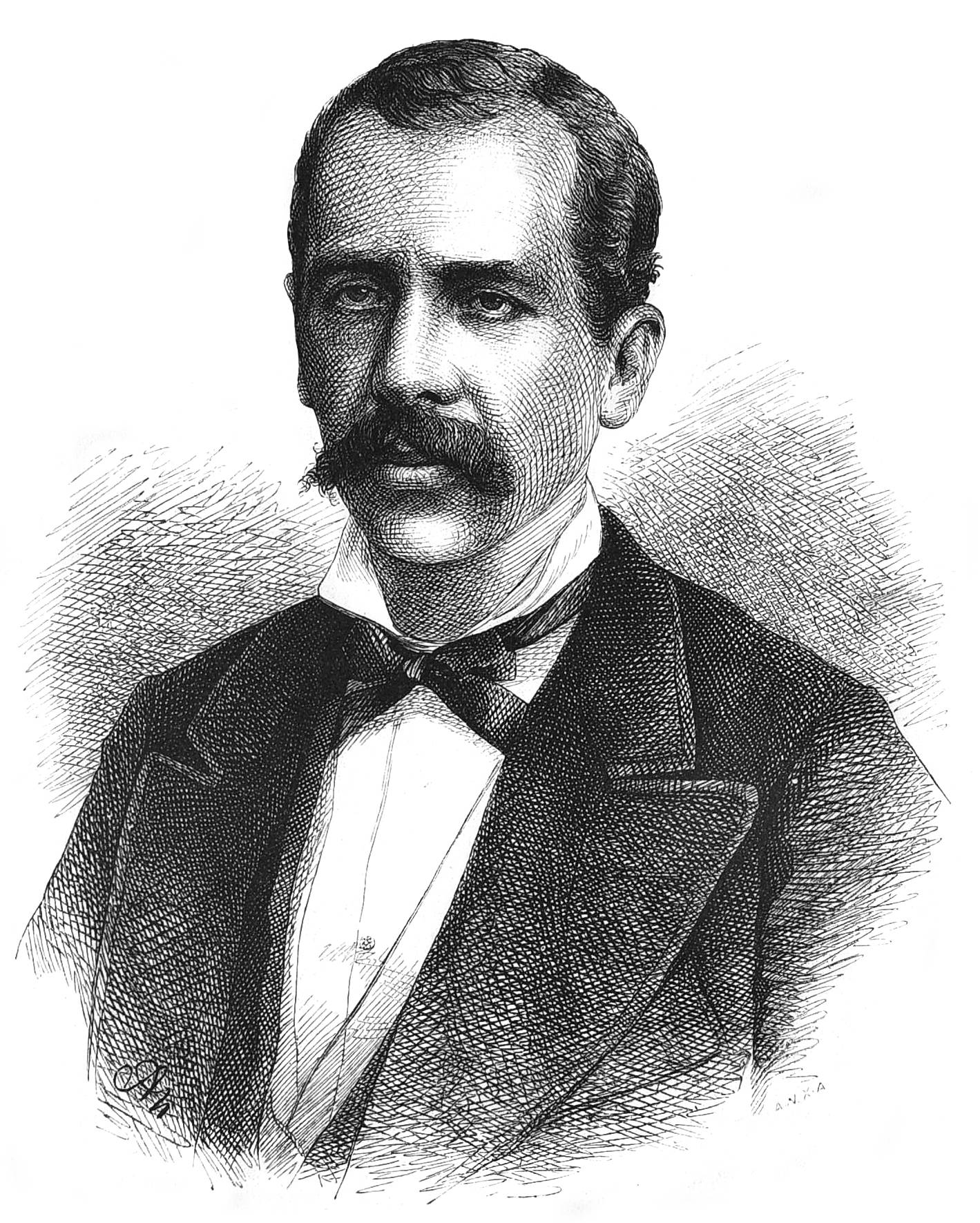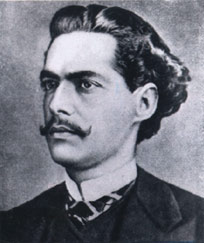Condorism on:
[Wikipedia]
[Google]
[Amazon]

 Condorism (in pt, Condorismo or ) was a Brazilian literary movement that lasted from the mid-1860s until the early 1880s. It is a subdivision of Brazilian Romanticism, being thus called "the third phase of Brazilian Romanticism", preceded by the Indianism and the Ultra-Romanticism. Condorism was created by the poet Tobias Barreto, who was one of its most significant figures alongside
Condorism (in pt, Condorismo or ) was a Brazilian literary movement that lasted from the mid-1860s until the early 1880s. It is a subdivision of Brazilian Romanticism, being thus called "the third phase of Brazilian Romanticism", preceded by the Indianism and the Ultra-Romanticism. Condorism was created by the poet Tobias Barreto, who was one of its most significant figures alongside

 Condorism (in pt, Condorismo or ) was a Brazilian literary movement that lasted from the mid-1860s until the early 1880s. It is a subdivision of Brazilian Romanticism, being thus called "the third phase of Brazilian Romanticism", preceded by the Indianism and the Ultra-Romanticism. Condorism was created by the poet Tobias Barreto, who was one of its most significant figures alongside
Condorism (in pt, Condorismo or ) was a Brazilian literary movement that lasted from the mid-1860s until the early 1880s. It is a subdivision of Brazilian Romanticism, being thus called "the third phase of Brazilian Romanticism", preceded by the Indianism and the Ultra-Romanticism. Condorism was created by the poet Tobias Barreto, who was one of its most significant figures alongside Castro Alves
Antônio Frederico de Castro Alves (14 March 1847 – 6 July 1871) was a Brazilian poet and playwright, famous for his Abolitionism, abolitionist and Republicanism, republican poems. One of the most famous poets of the "Condorism", he won the ...
and Pedro Luís Pereira de Sousa.
The name "Condorism" comes from the condor, a bird of solitary and high flight, said to be capable of seeing things from a great distance. Condorist poets believed they had this same ability, and should use it to educate people in the ways of justice and freedom.
Sometimes (albeit very rarely) Condorism is also called Hugoanism (in pt, Hugoanismo), after Victor Hugo
Victor-Marie Hugo (; 26 February 1802 – 22 May 1885) was a French Romantic writer and politician. During a literary career that spanned more than sixty years, he wrote in a variety of genres and forms. He is considered to be one of the great ...
, who served as the major Condorist influence.
Characteristics
Condorism changed Brazilian poetry in a variety of ways, being considered the Romantic phase that preceded the Realism in Brazil. Condorist poetry is characterized by a heavy use of hyperboles and grandiose language. Its main themes areAbolitionism
Abolitionism, or the abolitionist movement, is the movement to end slavery. In Western Europe and the Americas, abolitionism was a historic movement that sought to end the Atlantic slave trade and liberate the enslaved people.
The Britis ...
and Republicanism, although the lyrical genre is also cultivated. However, unlike in the " Ultra-Romanticism", where love is heavily idealized and platonic, in Condorist poetry it is corporified, concrete, viable.
Main adepts
* Tobias Barreto (1839–1889; creator of the Condorism) *Castro Alves
Antônio Frederico de Castro Alves (14 March 1847 – 6 July 1871) was a Brazilian poet and playwright, famous for his Abolitionism, abolitionist and Republicanism, republican poems. One of the most famous poets of the "Condorism", he won the ...
(1847–1871; the most famous Condorist poet, winning because of that the nickname O Poeta dos Escravos)
* Pedro Luís Pereira de Sousa (1839–1884)
* Joaquim de Sousa Andrade (1833–1902)
* José Bonifácio the Younger (1827–1886; in some poems)
See also
* '' Espumas Flutuantes'' * '' O Navio Negreiro'' * '' Vozes d'África'' *Victor Hugo
Victor-Marie Hugo (; 26 February 1802 – 22 May 1885) was a French Romantic writer and politician. During a literary career that spanned more than sixty years, he wrote in a variety of genres and forms. He is considered to be one of the great ...
* Romanticism
* Abolitionism
Abolitionism, or the abolitionist movement, is the movement to end slavery. In Western Europe and the Americas, abolitionism was a historic movement that sought to end the Atlantic slave trade and liberate the enslaved people.
The Britis ...
Literary movements
Brazilian literature
Romanticism
19th-century Brazilian literature
{{Brazil-lit-stub